Department of Physics
Wake Forest University

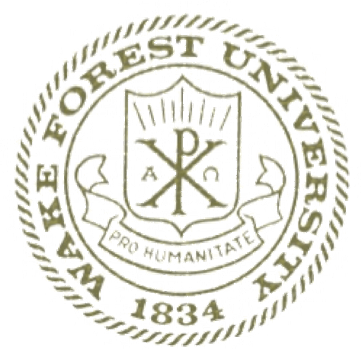
Department of Physics
Wake Forest University
PHY 339/630: Electromagnetism I
e-Syllabus
Instructor: Dr. David Carroll
Class Location: 103 Olin Hall
Time: 12:30 - 1:45 T/TH
Ave. Out of Class Prep Time: 2 hours/class
General Office Hours: Tues/Thurs 9:00 - 12:00
214 Olin Physical Laboratory, Reynolda Campus
Office Hours by Appointment Email: carroldl@wfu.edu

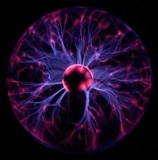
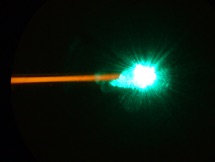

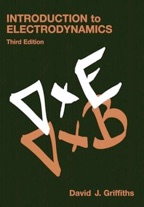
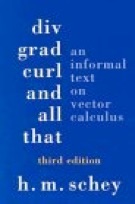
Topics
I. Review of Vector Calculus
II. Electrostatics and Conductors
III. Potentials, Uniqueness, and Laplace
Exam 1
IV. Separation of Variables in 3 Coordinate Systems
V. Introduction to Dielectrics
Exam 2
The Class
This class presents my personal view of classical field of electromagnetism. Lectures will introduce concepts in the topic in a traditional way, but will also explore problems of current import in cosmology and astronomy, condensed matter physics, and modern technologies base on my personal perspective. So, while the class follows the topics as they appear in the text, the presentation of topics in class are distinctly different from the text. The class presentations and text presentation are meant to be used TOGETHER. The philosophy of the class is to build physical models and mathematical skills that can be used to solve problems. However, we will touch upon the limits of these classical ideas and the context today, in which they belong. This will point clearly toward quantum electrodynamics and will be taken up in more detail in the second semester; E&M II.
Grading
The Class is made up of Lectures (which will be delivered on T/TH 12:30 to 1:40 with additional explanation and discussion), Weekly Homework, and Sectionals (problem solving sessions). Grading assessments will provide a determination of:

1) the quantity of work done by the student, (30% of grade)
2) the quality of work done by the student, (50% of grade)
3) the ability of the student to use concepts beyond what has already been presented to address unsuspected problems. (20% of grade)
How you get Graded:
10% Showing up to class and recitation, participating in discussions
20% Handing in the homework assignments with reasonable attempts to solve problems
50% Two, in class, quizzes. They are weighted 25% each. The problems will be variations of the homework. Work the HW and understand each problem, you will do well on the quizzes.
20% Challenge problems: take home portion of the quizzes. These problems are a little harder and add an additional 10% to the quiz. Generally, there will be 2 of these on each quiz.
Warning
1. As with many of today’s texts - the solutions to HW can be found on line. But the point of the HW is to illustrate how the principles outlined in class apply to a wide variety of physical situations. If you copy the HW from an online source, you may well miss this purpose and be unable to perform well on the exams. Moreover many of the answers on the web are wrong!
2.Do not wait until the night before a HW set is due to begin work on it. At the very least read through the HW questions the day they are assigned. These can be lengthy and hard. But you are more ready to understand the question just after the material has been presented in class.
Text: Griffiths 4th edition
Recommended: div grad curl and all that Schey
This highly mathematical course is aimed at developing strong problem solving skills that utilize more sophisticated mathematical methods. The course will cover Integral methods in Electrostatics, Differential methods in Electrostatics, and Dielectric Materials. The course is intended to be taken with PHYS 340/640 which covers magnetic effects. The 639 section will be assigned extra reading. It is an excellent review for the graduate examinations. This course runs 1/2 a semester beginning at midterm and is evaluated end of term.